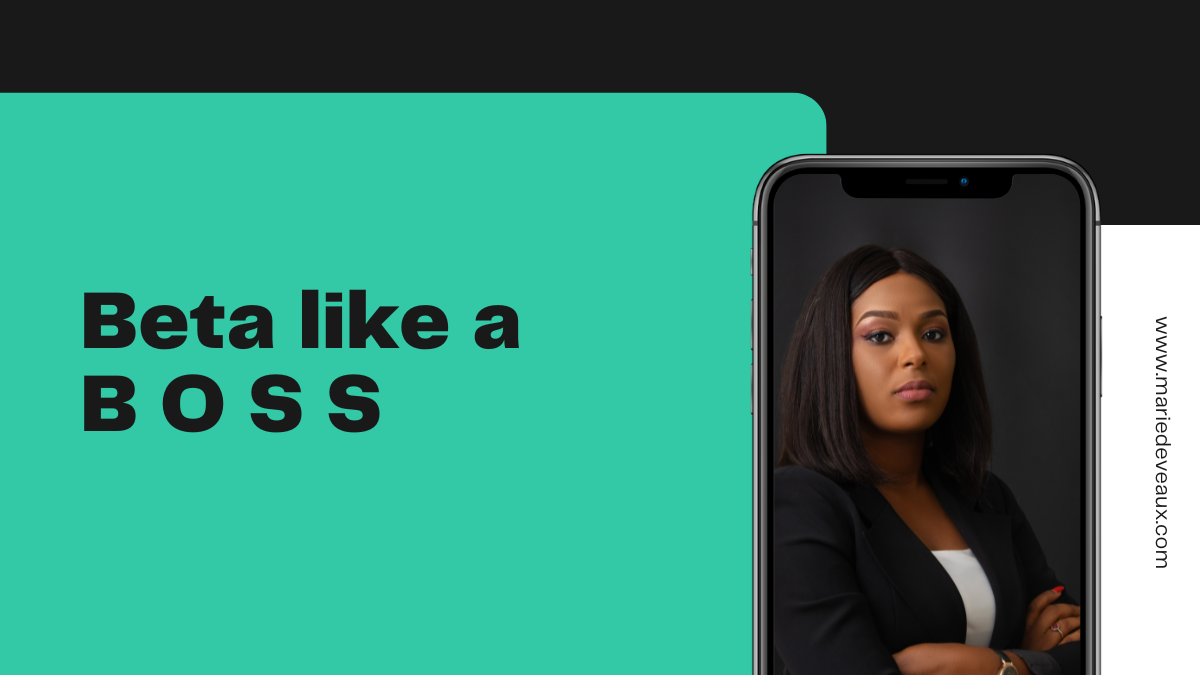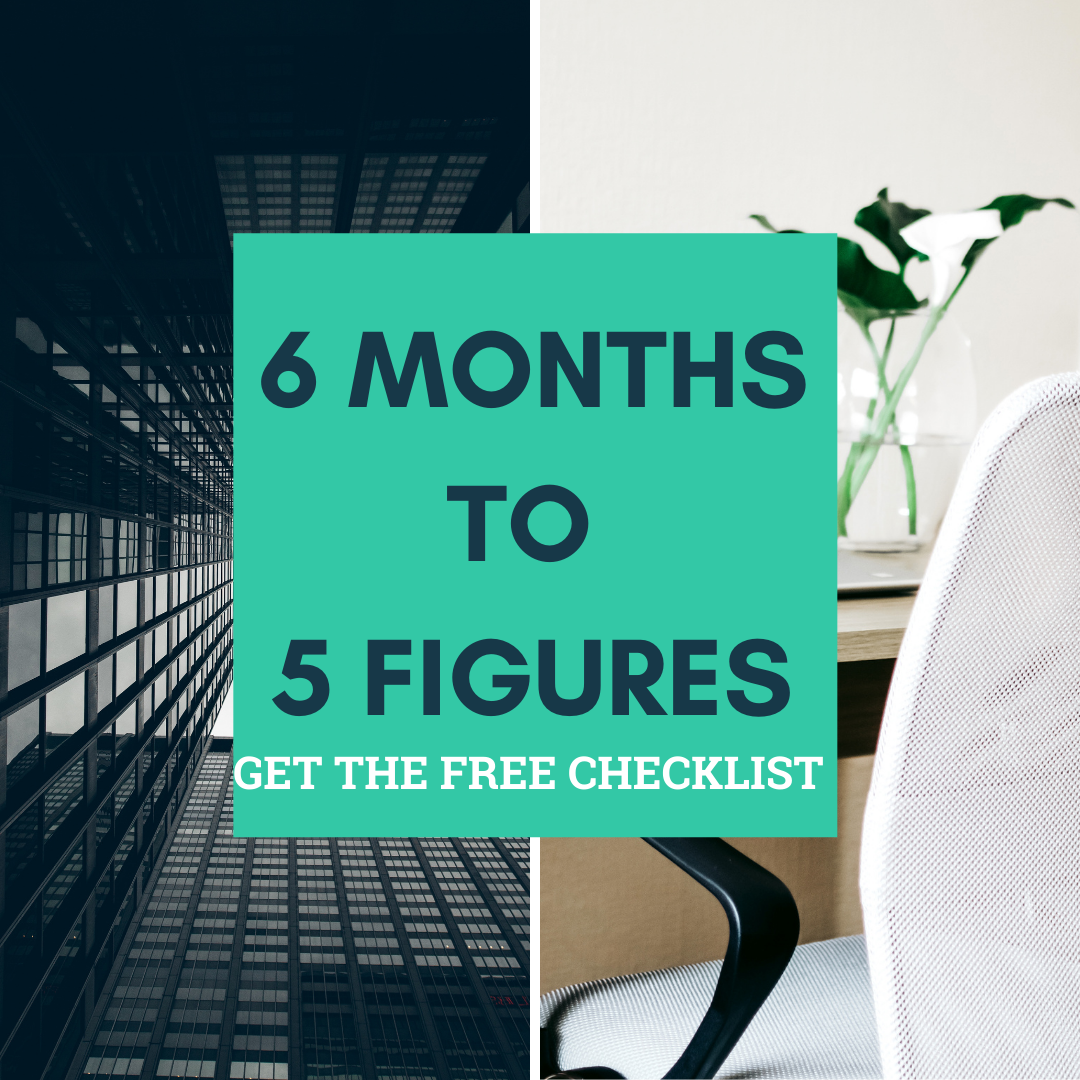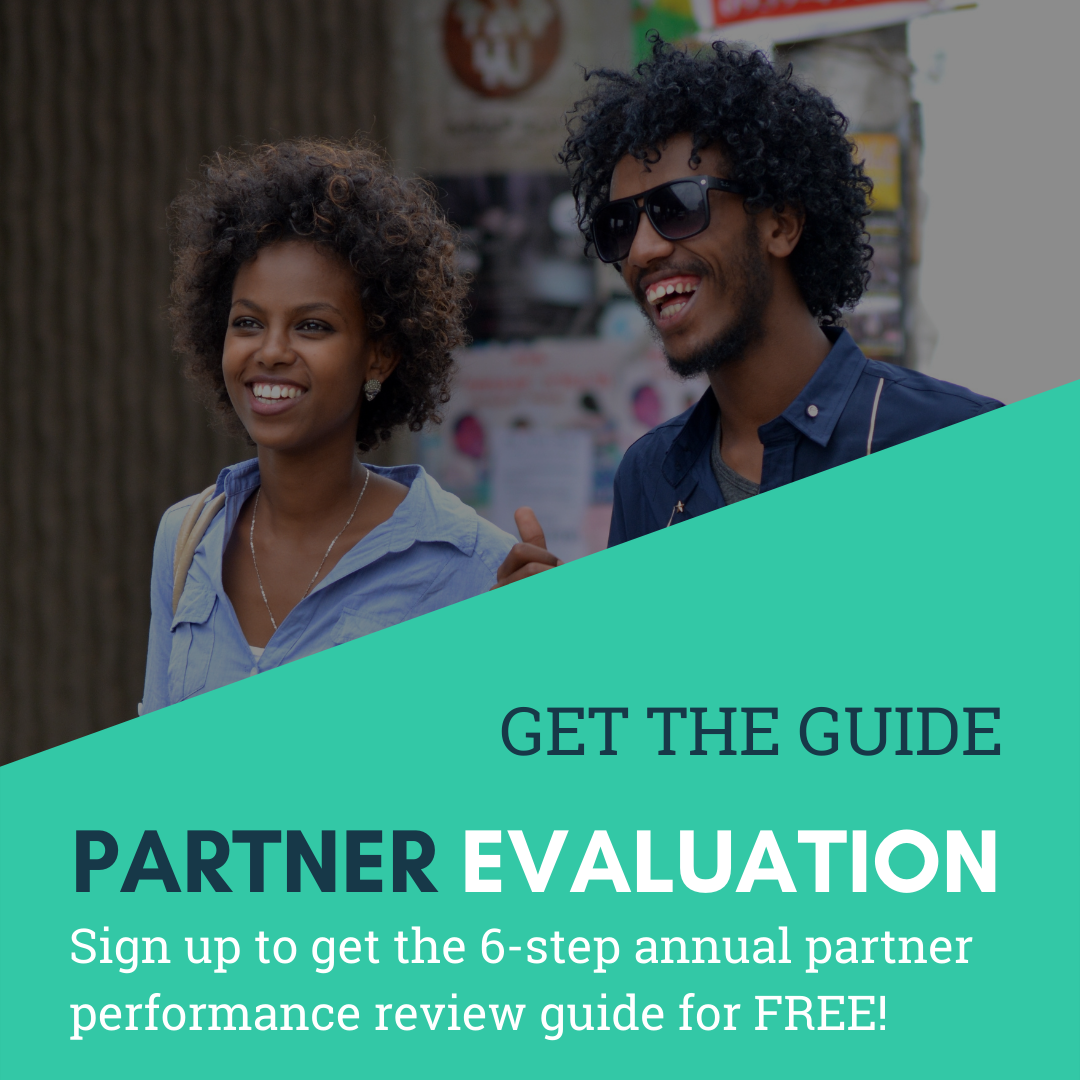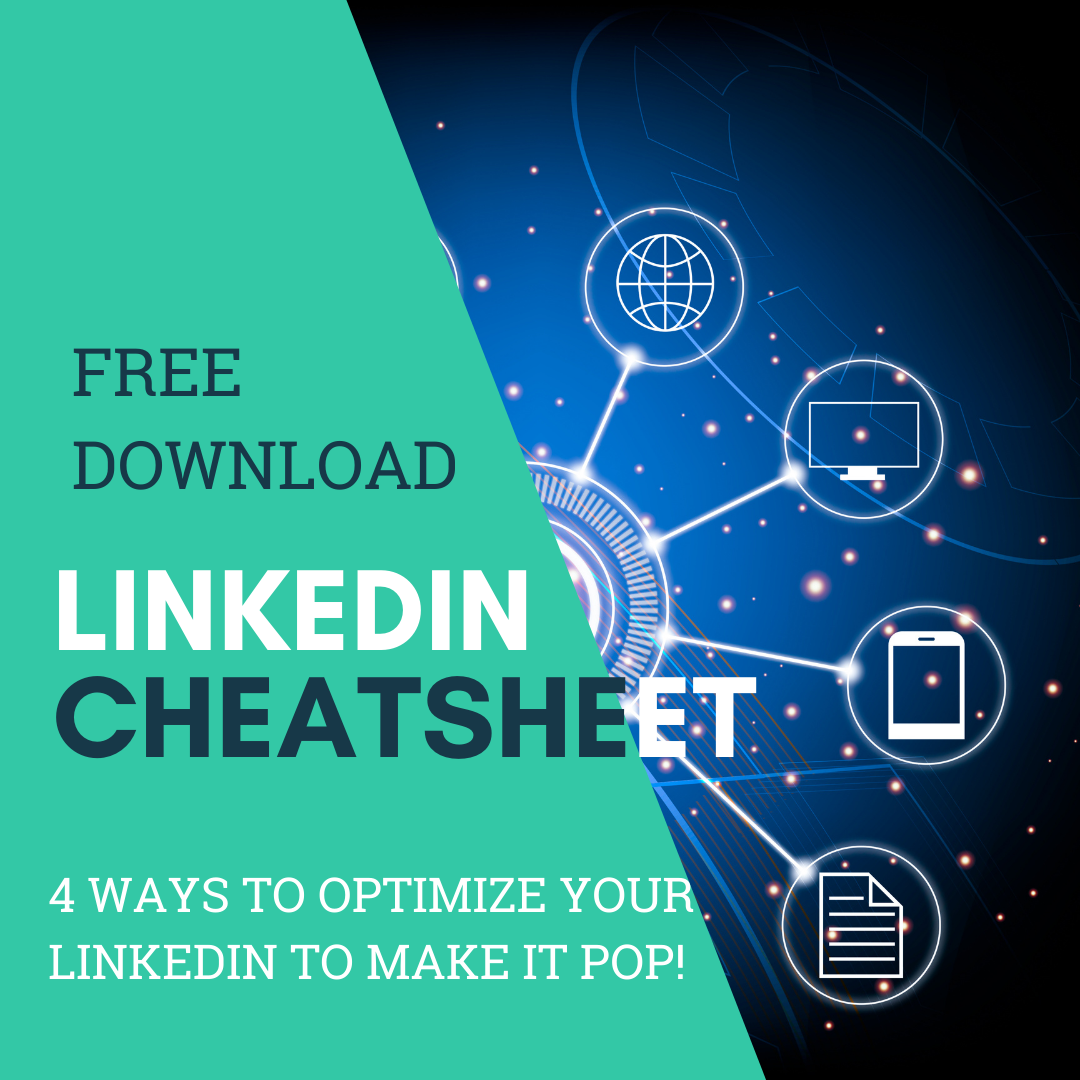The first thing you need in your arsenal for any new business interested in scaling is a validated offer. This means offering a product or service that the public a) desires and 2) finds useful. In fact, it must be so useful that they’re willing to pay you for it, thus making it viable. Some people refer to this when you’re first starting out as your minimally viable product or M.V.P. The best way to create an M.V.P. is to run something called a beta.
What is a beta?
 A beta is a way for you to test out the idea of a new product or service before you fully develop it. The term beta comes from the world of software development and testing, where engineers create a product but still have not fully fleshed out all of the features.
A beta is a way for you to test out the idea of a new product or service before you fully develop it. The term beta comes from the world of software development and testing, where engineers create a product but still have not fully fleshed out all of the features.
A round of beta testers is called in to test out the product and its incomplete phase to provide feedback informing the features that would eventually make it into the final product. For a service delivery business, you must also run a beta because this is a way for you to test your product or service idea without spending hours of energy, effort, and brain power developing a service offering with a whole bunch of bells and whistles that your ideal client doesn’t actually want. You can then incorporate the feedback from your ideal target market into the final product. In exchange, those users experience the product or offer for free or a significantly reduced price.
What is your goal?
To successfully run a beta, you first need a hypothesis for your product or service offering. Knowing your goal for this product is important to the success of your beta run. Ask yourself what goal you want to achieve with your beta test. Is it focused on the usability of the product? Do you want to know how the product compares to a competitor? Do you simply want to know how close your product or service is to providing a solution? Determining your objectives early in the product development process will help you position yourself for a successful beta test.
Find your testers
Once you know your objectives, you then need a group of beta testers and a way to enroll them into the service offering.
 Choosing who is the right fit to test your service should be a selective process. Though supportive, friends and family should be left out of the beta. The right group may already exist within your customer or client list as a subset of your demographic. Those folks the perfect fit to test your M.V.P. For example, if your hypothesis is, “Newsletter recipients that engage with my email content but have yet to purchase an online course will purchase my email course,” your beta testers would only be existing newsletter subscribers who have not purchased your online course.
Choosing who is the right fit to test your service should be a selective process. Though supportive, friends and family should be left out of the beta. The right group may already exist within your customer or client list as a subset of your demographic. Those folks the perfect fit to test your M.V.P. For example, if your hypothesis is, “Newsletter recipients that engage with my email content but have yet to purchase an online course will purchase my email course,” your beta testers would only be existing newsletter subscribers who have not purchased your online course.
In the above example, you would reach out via email to invite them to participate in what is called a closed or limited beta. An open beta is open to anyone but can also be limited to a certain number of participants. To do so, create a questionnaire/survey of questions pertinent to your hypothesis to qualify the applicants and find a group that best meets your criteria. Survey data is also invaluable market research for you to understand the other aspects of our client base.
Gather and feed the feedback
Feedback is paramount to a successful beta and the objective of your impending M.V.P. launch. Now that you have the testers, you need a mechanism for collecting the feedback that you receive from them. There are various ways to gather this information. Depending on the type of service you provide, you can collect feedback via a survey, feature requests, journaling of their experience, or forums.
With this information, you are now equipped to improve upon your offering with feedback directly from the demographic that is most interested in utilizing your service. Once your beta is complete, you can then incorporate all of the feedback from those beta testers into the release of your final product.
Rewards and returns
 Reward your beta testers for their hard work with coupon codes, discounts, exclusive access, etc. Their reviews and testimonials will be the first your extended audience will see of your new service offering.
Reward your beta testers for their hard work with coupon codes, discounts, exclusive access, etc. Their reviews and testimonials will be the first your extended audience will see of your new service offering.
You will be better prepared to address the issues raised during your beta round in a formal launch. With the feedback tailored to your hypothesis and goals, you’ll know how the product serves your customers and how to improve upon it.
Looking to organize your first or 12th beta? At High Tides, our business coaching team loves helping you figure out the details. Learn more about how we can support you through your beta planning by booking a Magnify Your Impact Session. We love to help.










0 Comments